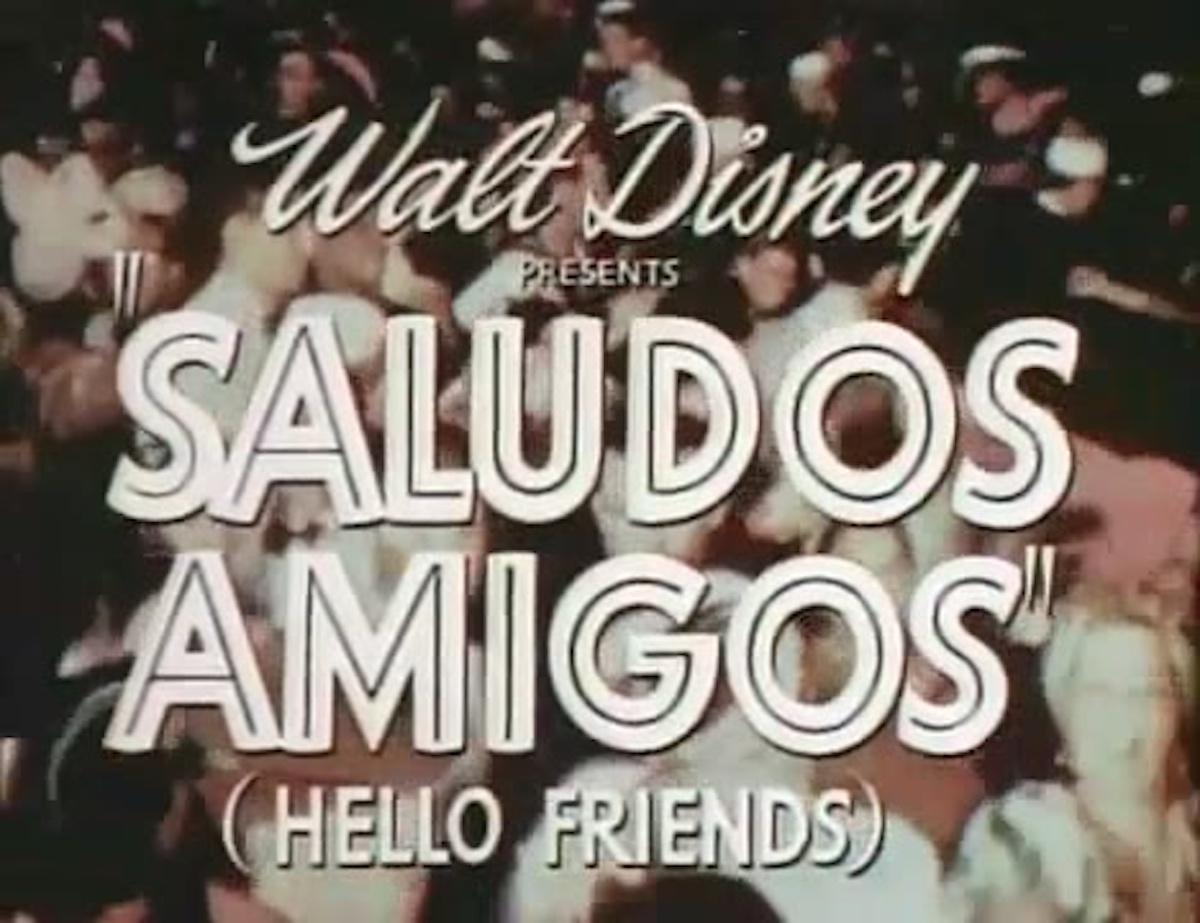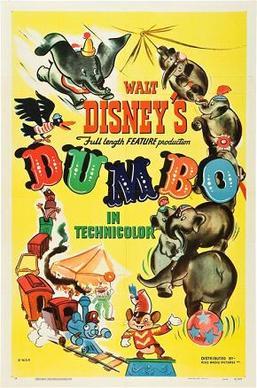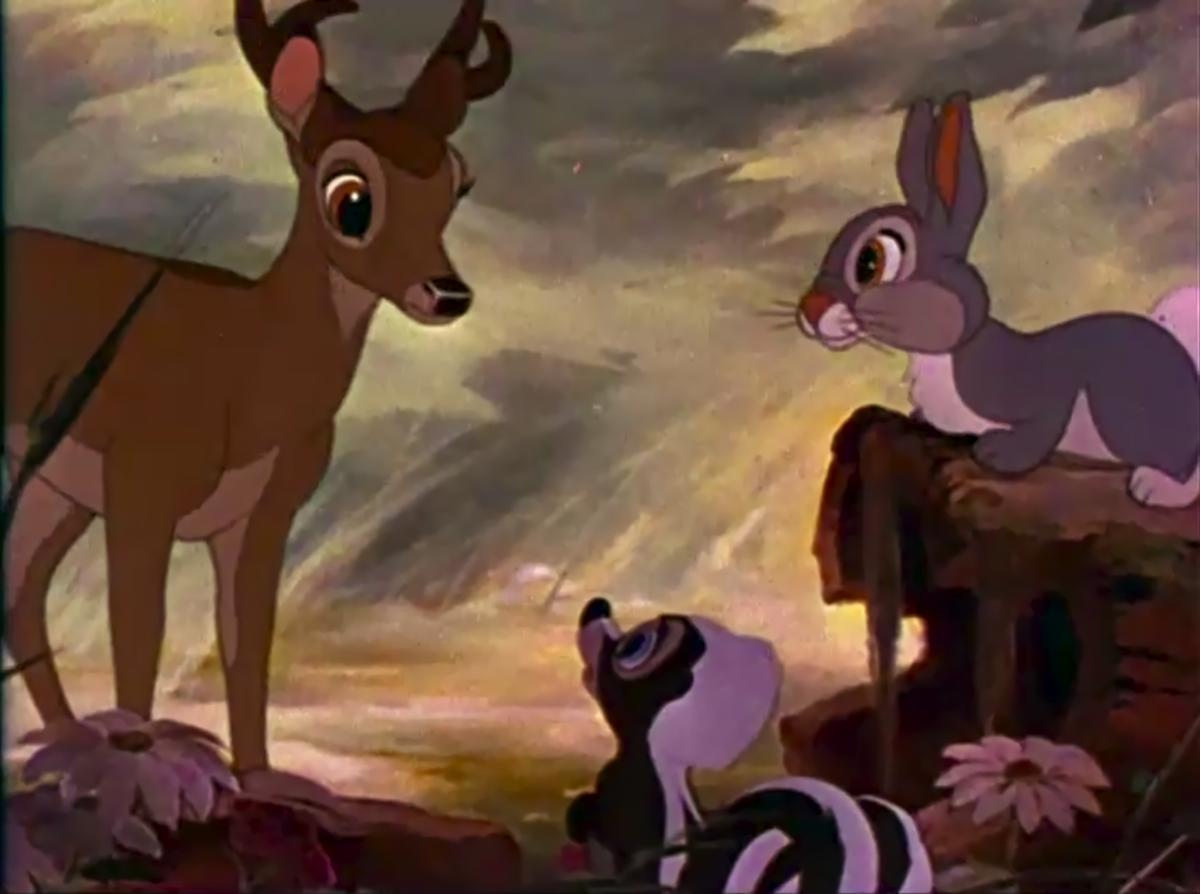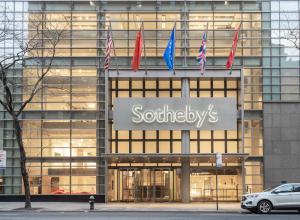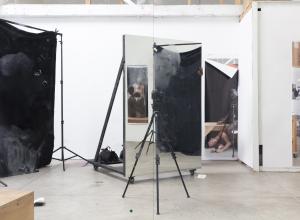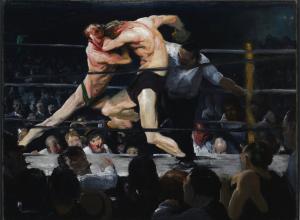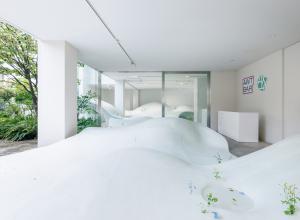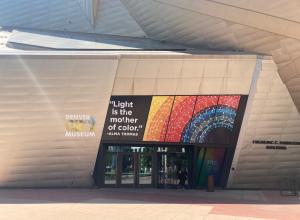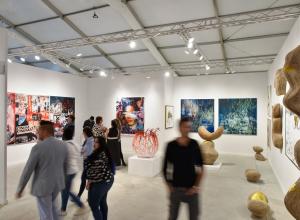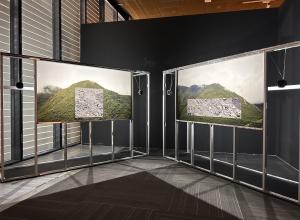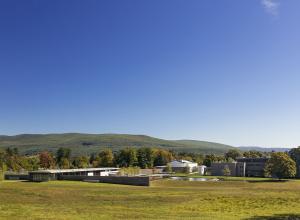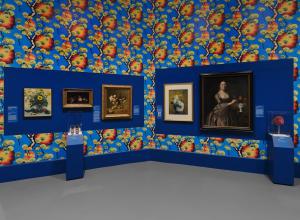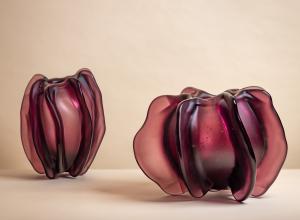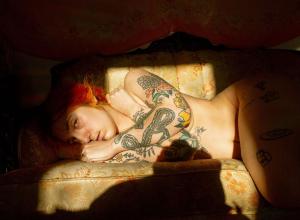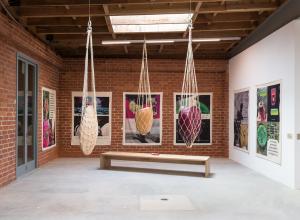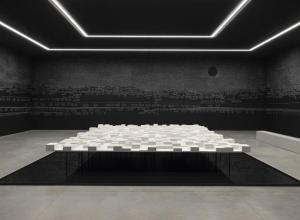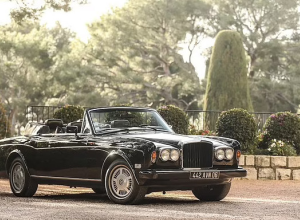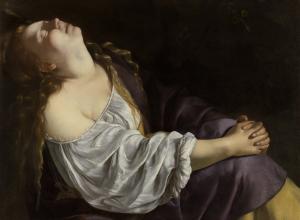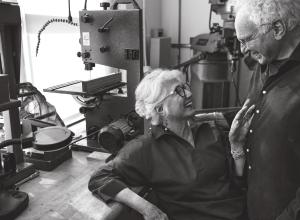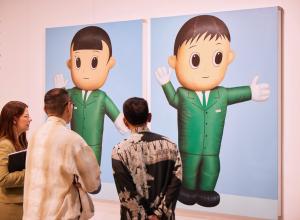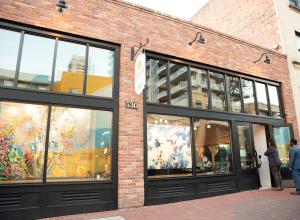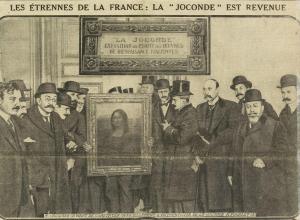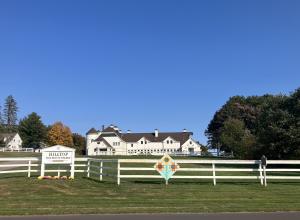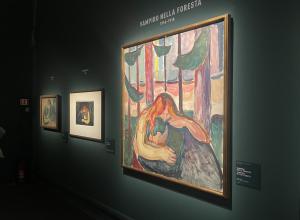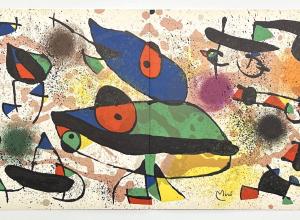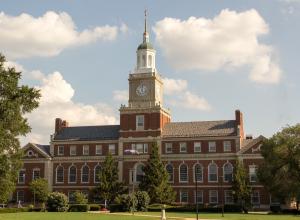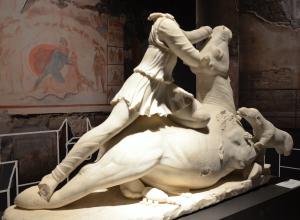Anticipating Psychedelia: Fantasia (1940) and Dumbo (1942)
“Caviar to the general, ambrosia and nectar for the intelligentsia,” was how Los Angeles Times critic Edwin Schallert described Fantasia upon its premiere. The pairing of pieces of classical music with original animation spanned different styles: Tchaikovsky’s Nutcracker Suite had a whimsical, almost storybook-like feel with its fairies, flowers, and mushrooms; Beethoven’s Pastoral Symphony featured scenes from Arcadia and Mount Olympus, with classicized backgrounds and stylized, classicized character design.
Yet, other sequences were far more experimental: Bach’s Toccata e Fuga in D Minor had a series of abstract landscapes in bold colors that moved and alternated to the rhythm of the fugue; Stravinsky’s Rite of Spring featured a compressed narration of the origins of the solar system, all the way to the dinosaur extinction; Ponchielli’s Dance of the Hours was an experimental show-within-a-show set on a theater stage, with animals appearing as deft ballet dancers. Finally, Mussorgsky’s Night on Bald Mountain displayed a series of “infernal” imagery, including fire sprites displaying sensual nudity.
Fantasia had a massive revival in the late 1960s. “When it was reissued in 1969, with a psychedelic poster, Fantasia was embraced as a ‘head movie’ by the counterculture. Young viewers who discovered it in that theatrical release insisted that the men who made it must have been stoned,” relays film critic Leonard Maltin on the BBC.




